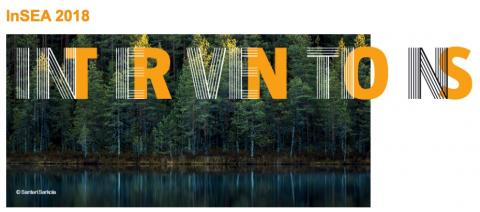How can researchers and teachers intervene with cyber youth in art and literacy education?
In a proliferating digital world, teachers need to adapt their practices to new modes of communicating, creating and learning that are mostly integrated by today's youth (Rowsell, 2013). They should embrace the informal ways of youth's online culture (Duncum, 2014), and allow students to intervene in their education. As researchers we have chosen to work with teachers and youth in a transdisciplinary approach to the creation and reception of art and languagepractices. In this round table, we present three researchavenues. Starting with youth's informal creative practices,we extend our research to art teachers' reception ofjuvenile culture and how it is taken into consideration or not in their classroom (Faucher). We also intervene with collaborators, experimenting multimodal media litteracy strategies on youth' s documentary research and artistic creation in and out of schools (Lacelle &Thuot-Dubé). Moreover we reflect onhow learner centered pedagogies (negotiated, connected, emancipatory, ambiant, etc.) relate to cyber youth culture (Richard). The audience is invited to discuss our fmdings. Are teachers resisting to youth culture's introduction in class and, if so, why? How can they intervene with cyber youth to foster artistic creation and media litteracy? Do pedagogical theories stand up to the school reality and, if not, howcan we make them?

